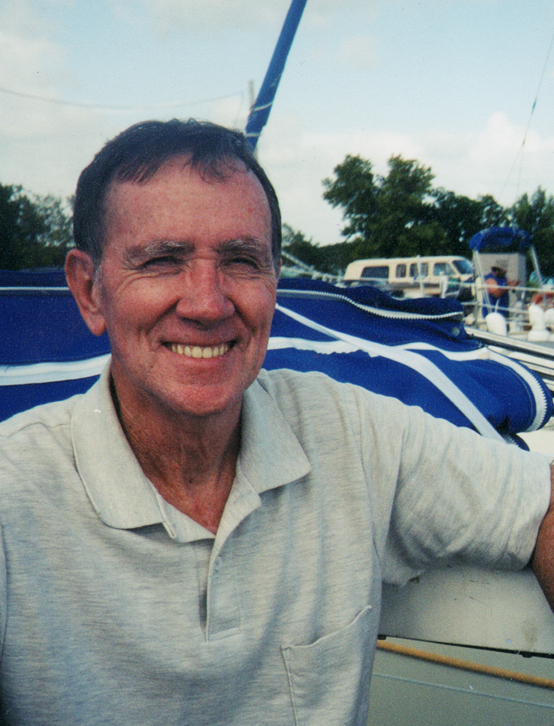We were discussing the growing problem of teenage gangs. “Dad’s not around and Mom works,” someone said. “The kids are unsupervised and on their own. Sooner or later they get into trouble.”
We had the same problem at the outbreak of World War II. Dad was fighting overseas and Mom was working in the defense plant. But we had a solution.
Back then our primary entertainment was radio. We sat around the radio then the same way we sit around the television today. We listened to stories, dramas and mysteries. It was theater of the mind, and images exploded in our heads as the stories unfolded.
I read somewhere that President Roosevelt invited the heads of the broadcast networks to the White House for a meeting. How would it be, he asked, if you guys developed a series of 15-minute radio shows for kids? Adventures, loaded with patriotic messages, hope, honesty and fair play.
The shows should air every weekday, starting right after school. The networks agreed and within weeks America’s airwaves announced a lineup of serial radio shows aimed at school kids.
The shows started at 4:30 every afternoon. School was out at 4:00 so I had a half-hour to get home and plow through whatever chores I was responsible for before plopping into the chair next to the radio.
The first show of the day was “Jack Armstrong, All American Boy,” the globe-trotting adventures of Jack and his pals who traveled by seaplane and ocean-going sailboat to exotic and often dangerous parts of the world where they solved crimes and exposed spies.
Every story was serialized over two to three weeks, and each episode left us hanging by a thread. We couldn’t wait to get home the next day to find out if Jack survived the storm that threatened to wreck the boat, or if he was actually captured by enemy spies.
At 4:45 it was “Terry and the Pirates,” the saga of a swashbuckling American patriot who joined forces with freebooting pirates to combat America’s enemies.
“Dick Tracy” was next, battling crime and sabotage on the home front. Then “Little Orphan Annie” and her dog Sandy proved a daily match for bad guys just about everywhere.
The day rounded out with the adventures of “The Green Hornet” and “Junior G-Men,” stories of government agents and superheroes who relied on ordinary boys and girls to help vanquish our enemies.
We believed them all, of course, and identified with those heroic and patriotic boys and girls. Because of it, we stayed out of trouble, and in a small way, helped win the war.
It probably wouldn’t work with today’s kids.
Or, would it?



